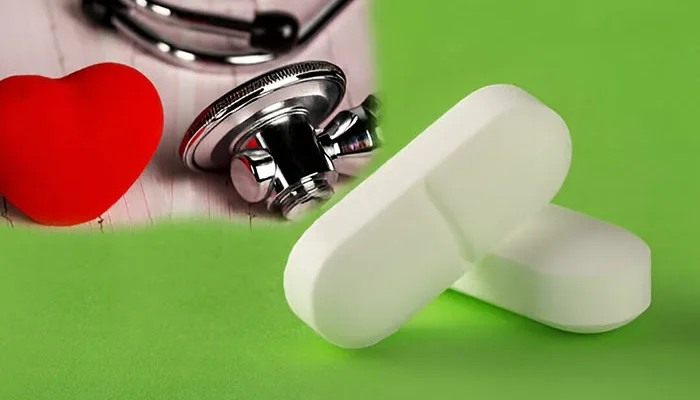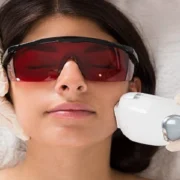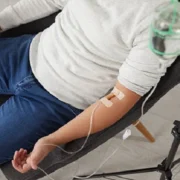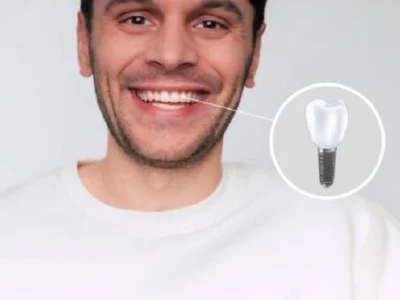Understanding Treatment-Resistant Depression
An especially complicated type of depression is called treatment-resistant depression (TRD). In this type of depression, standard treatments like medication and therapy don’t help the symptoms enough. It shows how complicated mental illnesses are and how they usually need a more complex treatment plan. People who are dealing with TRD may feel even more hopeless because they may think they have no more choices. However, advancements such as accelerated TMS (transcranial magnetic stimulation) have emerged as promising options, providing new hope where traditional methods have faltered. Patients and doctors need to keep up with these changes because they show a bright future.
Traditional Therapeutic Approaches
Antidepressants and psychotherapy, like cognitive-behavioral therapy (CBT), are usually the first steps in treating depression the conventional way. For a long time, these techniques have been used to treat depression, and a lot of study has shown that they work. Still, these treatments don’t work as well as hoped for some people. According to a study available on NCBI, about one-third of those with depression do not reach remission, even after trying multiple treatment regimens. This information not only shows how important it is to keep going with treatment but also how important it is to look into other, complementary methods that might help these people.
Innovative Treatments on the Horizon
The road to finding effective treatments for TRD has led to a number of new treatments that are currently catching the attention of the medical community. It has been shown to help people who haven’t responded to other treatments.
Ketamine was first used as an anesthetic, but it has been shown to quickly help people who are depressed, especially those who have not responded to standard treatments.
A piece in Psychology Today goes into more detail about these discoveries and stresses how they have changed the way depression is treated. These new methods are a big step forward in understanding how depression affects the brain.
The Role of Lifestyle Changes
Making changes to your lifestyle is an important part of dealing with sadness, and they can be especially helpful when used along with medical treatments. Engaging in regular physical activity can help ease the effects of sadness because it triggers the release of endorphins, hormones that naturally improve mood. Incorporating exercise into your daily life, like going for a brisk walk, taking a dance class, or playing a sport, can greatly improve your mood.
The food we eat also has a big effect on our mental health. Omega-3 fatty acid-rich foods, like salmon, walnuts, and flaxseeds, along with lots of fresh fruits and veggies, can help keep your mood in check and give your brain the nutrients it needs to work at its best.
Furthermore, mindfulness practices such as yoga and meditation are useful ways to clear your thoughts and lower stress. These techniques help you connect with your inner self more deeply, which can make you feel peaceful and calm. By dedicating time to these practices, whether they are guided sessions or personal thought, people can learn to handle the stresses of everyday life.
By making these changes to your daily practice, you can improve your physical and mental health. This all-around method gives people the power to take charge of their health and come up with a healthy way to deal with treatment-resistant depression (TRD).
Integrative Approaches to Managing TRD
Using an integrative technique to treat TRD means combining different types of therapy to treat the condition completely. This could include taking antidepressants along with treatments such as TMS, making changes to your lifestyle, and therapy. By using more than one type of treatment, doctors can give their patients better care that addresses more than one part of their depression. Healthcare professionals often work with patients to make this integrative approach unique. This may improve outcomes by creating personalized treatment plans that take each patient’s needs and circumstances into account.
Importance of Personalized Medicine
Precision medicine, also known as personalized medicine, is a new way of giving health care that is based on each patient’s unique genetic and lifestyle factors. In the case of TRD, this could mean looking at genetic information to find the best drugs, which would cut down on the time needed for trial-and-error that is usually part of treating depression. Personalized treatment plans can greatly raise the success rates of interventions by making treatments more closely match the biological and psychological profiles of each patient. This can help patients heal faster and for a longer time.
Real-Life Success Stories
Many people who have been fighting TRD have found relief after trying a number of treatments that didn’t work. For example, Jane finally found peace of mind after a number of changes to her medications and therapy sessions when she combined TMS with changes to her lifestyle that included regular mindfulness exercise. Like many others, her story shows the hope that comes from not giving up and trying all of your treatment choices. People’s stories show how important it is to keep going and serve as inspiration for others in similar situations. They also show that different, patient-centered treatment methods work.
Supporting Loved Ones with TRD
As a loved one deals with the constant problems that come with TRD, help from family and friends is an important part of their healing process. Simple acts of understanding, patience, and unwavering mental support can make a big difference. Encourage honest communication and pay close attention to how they feel without trying to solve the problem. In addition, it helps them get professional help and look into different treatment choices. Understand how hard things are for them and encourage them to keep going. This kind of support can make them more determined and motivated to keep looking for treatments that work.
Caring Touch Home Health Makes a Difference in Patients’ Lives










Comments